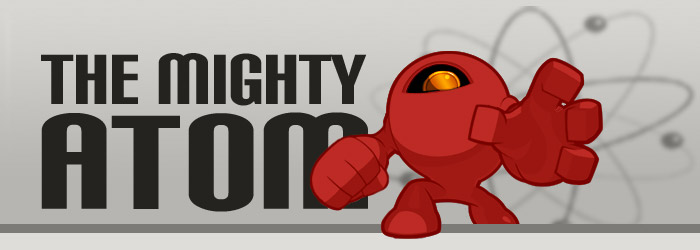Why I always use the term "Story Games" ironically
Saturday, March 07, 2009
Eero said something over on the forum that really resonated with me, so I'm posting it here as a way of preserving it for myself."I can't get really interested in [the games] where I'm supposed to be responsible for creating a good story. As far as I'm concerned, I want the rules mechanics to take care of that part so I can focus on playing my character / throwing nasty stuff at the player characters or whatever other fun things there are in the game to be done. 'Making a story' is not on my list of fun things for roleplaying simply because when I want to make a story, I write one."
I want to take the phrase "It would make a better story if..." out behind the woodshed and shoot it. At least its use during play, anyway. During post-game debriefing it has its place. But too much story-planning during actual play just annoys the crap out of me. Who's definition of "better story" are we supposed to be using, anyway? And are we really going to hash that all out in the moment, while someone is holding dice in their hand?
Overt, explicit story-planning during play is like having an editor watching over your shoulder while you compose your novel. It kills the creative process with over-analysis and robs roleplaying of one of its core features: unplanned, dynamic, creative collaboration that can take any final shape. "Good stories" be damned.
Labels: rpg theory













7 Comments:
The thing about taking away the phrase "it would make a better story if..." is that it might help get people to actually say what they mean more often.
Sure, sometimes they mean just what they're saying. But more often what they're really saying is "you're doing that wrong" or "doing it that way will make the game less fun for me" or "stop being a pushy asshole" or "I'm now being a pushy asshole but don't want you to know it" or "Jesus, can't I just kill the dragon and fuck the princess because my week sucked and this isn't fun right now."
And while we'll probably never get folks actually saying any of the latter things, it'd only help in games of most types if we could say "No, I don't like that, it makes the game less fun for me" or "I'm not sure what I would do with that" rather than "Oh this abstract thing called story is bad if we do that, but you know, I don't care if you want to be an aesthetic fuck head, please do go ahead and show your total lack of taste if that's what you really want."
Because that phrase, it does mean something. But it doesn't mean what we want to pretend that it means most of the time.
I think I've been falling out of love with the "story game" concept for a while too. I'm still excited about Story Games, I'm just not excited about games where making story is held up as the highest goal fo the game. I see a few people leaning this way lately. I feel as though 4th edition D&D kind of called us on our bullshit that way.
I'm not sure what Eero means by having the mechanics do it for me, but yeah, the whole "good" thing gives me that "perpetual draft stage" icky feeling.
Add to my next PTA revision a bit about TV and deadlines. Yeah, you could do better if you had six months, but dude you gotta get that shit on the air.
Great comments, all.
Matt, I took "the mechanics do it for me" to mean stuff like PTA issues + conflicts, IAWA action & consequences rolls, Dogs see & raise, and Sorcerer kicker + demons + resolution. In other words, we just play the game, and story stuff happens without anyone paying particular attention to it.
This also reminds me of how boring it is for me to play D&D with the tactically obsessed.
You know, it's funny and weird how much discussion about the things called "story games" becomes self-conscious, and that the result is that it bleeds into play. It's kind of a cargo cult thing where people want to capture the amazing play they read about online, and then through some telephone-game weirdness they play, oh, PTA and say things out loud like "Ok, what does everyone thing the story should do now."
I think there's some of that going on. But, meanwhile, another thing that's been going on all along is people playing "story games" very much like they played any other RPG. Something happens in a game, and immediately the player responds because "that's what his character would do." Well, awesome! That self-consciousness stuff just doesn't develop.
I think I'm repeating everyone here on everything. Oh well.
I'm with Eero - the mechanics should support that; if they don't, then chances are good that they'll actively oppose that goal of "story now!", in favor of some other design goal.
Post a Comment
<< Home